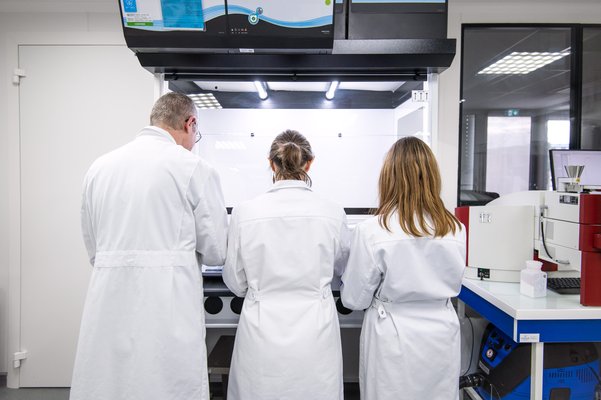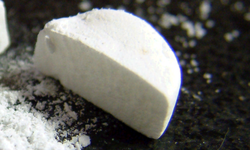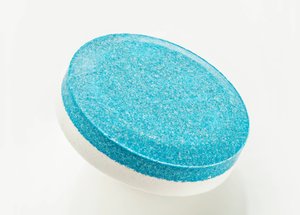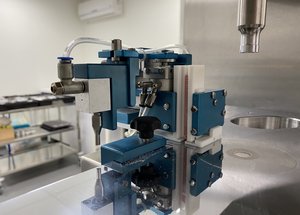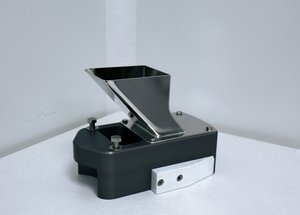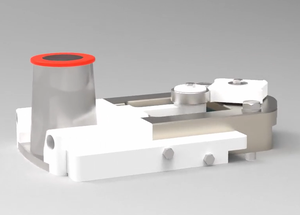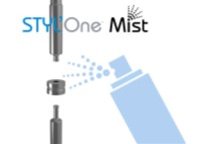KORSCH:MAGAZINE: What is Zerion Pharma, and why was it established?
Korbinian Löbmann: Zerion Pharma is a startup founded in early 2019 based on a decade of research at the University of Copenhagen to solve one of the most important problems in the pharmaceutical industry: Poor drug solubility. The screening of new drug molecules targets specific binding sites in receptors that are lipophilic or hydrophobic. The result is that more than 80 to 90 percent of new drugs have poor solubility. However, solubility is a prerequisite for being absorbed by the body when given orally. There is great potential and opportunity here. Whilst there are some technologies available to address poor drug solubility, many APIs are still facing challenges and potentially do not reach the market because they were insoluble. Here Zerion Pharma has pioneered a technology to deal with this problem.
KORSCH:MAGAZINE: And what is your approach to solving the problem?
Søren Vinter Søgaard: We have developed a new formulation approach called the Dispersome® technology. This is an amorphous mixture of API with the protein beta-lactoglobulin, a purified protein obtained from the whey by-product during cheesemaking. We are developing this technology including an innovative class of highly effective excipients for poorly soluble small molecules in stable amorphous formulations with high API content. Here, we achieve up to 50 times higher solubility than conventional approaches involving crystalline materials.
KORSCH:MAGAZINE: How do you go about it?
Korbinian Löbmann: The objective is to come to market with a product as quickly as possible. We are currently developing an improved generic product in which one unit replaces what used to be four tablets in the originator product. This is achieved by the solubility enhancing effect of the Dispersome® technology, which allows a reduction of the amount of API while keeping the formulation bioequivalent. This is a clear benefit for the patient and shows the potential behind Zerion Pharma’s technology.
KORSCH:MAGAZINE: How do you go about developing the tablet?
Søren Vinter Søgaard: As we don’t have all the needed equipment on site, we perform tests on the simulator at the Science Lab in Lyon on a regular basis. I was already familiar with the STYL’One Evo, so I was able to create the test protocols, send the material to the lab, and then evaluate the results without being on site myself.
KORSCH:MAGAZINE: Why did you use a simulator?
Søren Vinter Søgaard: The advantage of the simulator is that we only need small amounts of the API for the tests, while testing at real production speed. It also offers extensive data acquisition and valuable analysis tools for evaluation purposes.
KORSCH:MAGAZINE: How is your working relationship with the staff in the Science Lab?
Søren Vinter Søgaard: Very good! They not only execute our protocols, but also provide additional constructive feedback and helpful comments. This has resulted in productive dialog.
KORSCH:MAGAZINE: What happens next?
Korbinian Löbmann: In order to test flowability and material behavior under production conditions, further trials may be conducted on the rotary presses at the KORSCH INNOVATION CENTER in Berlin. With our first product we are planning to enter the market in 2026.
KORSCH:MAGAZINE: Thank you very much for the interesting interview and good luck!
THE AUTHORS



